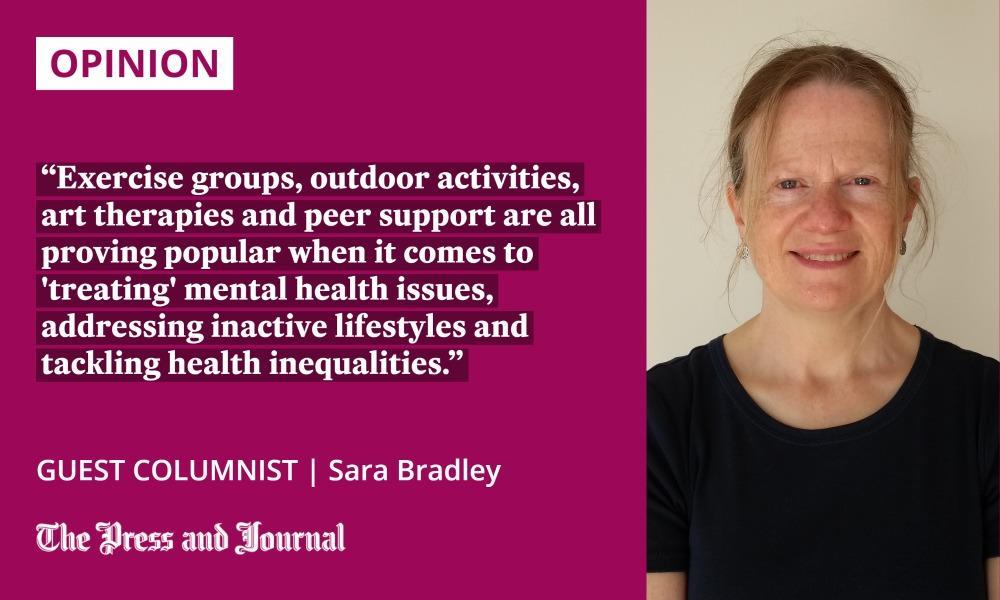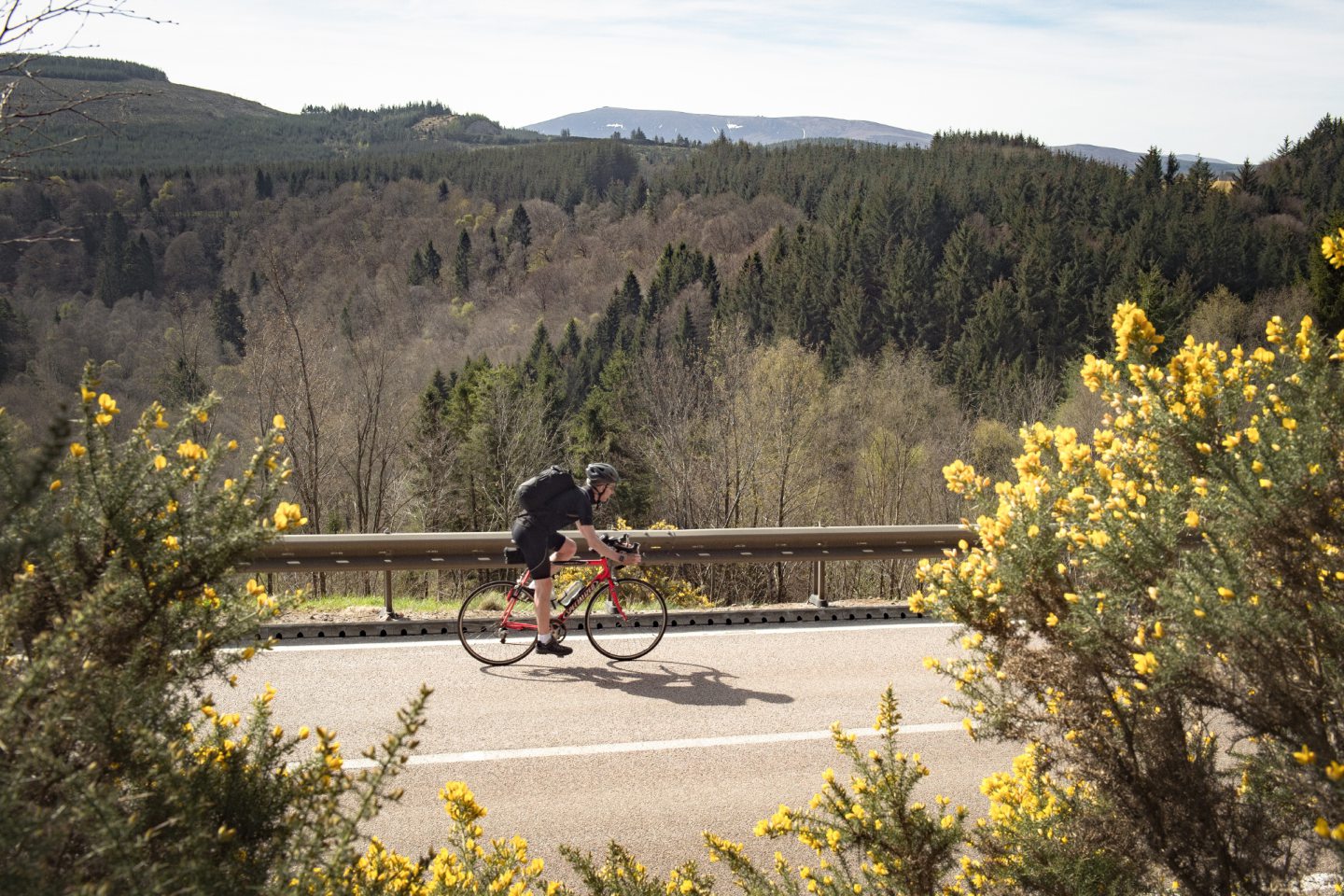I was once told by a senior NHS manager that I have the best job in the world because I go out to communities and talk to folk.
While I like to think that there is more to social research than this, the comment does highlight an important truth: listening to people’s life stories is a real privilege and a very effective research tool.
When I’m asking interviewees about their health, I also get to hear about their families, work, communities and the many non-medical factors affecting them physically and mentally.

It’s clear that health is not experienced in isolation from wider social and economic issues affecting everyday life. As a researcher, I’m interested in the inequalities arising from these “social determinants” of health and what they mean for future healthcare services.
GPs and other healthcare professionals are seeing increasing numbers of patients with non-medical problems having a negative impact on their physical health and mental wellbeing. Social isolation, stress and poverty take an enormous toll on health, even more so during the Covid-19 pandemic.
For this reason, more doctors are recognising the value of “social prescribing”. Putting patients at the centre, social prescribing takes a holistic approach, considering all the factors affecting someone’s health, factors that are beyond the reach of conventional medication and treatments.
A person-centred approach
Social prescriptions offer alternatives to medication and look to solutions available within communities, rather than in traditional healthcare settings. Exercise groups, outdoor activities, art therapies and peer support are all proving popular when it comes to “treating” mental health issues, addressing inactive lifestyles and tackling health inequalities.
Busy health professionals rarely have enough time to “signpost” appropriate community services, so there is now a commitment to employing more “community link workers” in GP surgeries in Scotland.
A link worker offers more than just signposting, building a relationship with patients and helping people address personal barriers and make lifestyle changes
A link worker helps patients to identify appropriate exercise or social activities in their local area. These services are largely provided by community groups and voluntary organisations.
But a link worker offers more than just signposting, building a relationship with patients and helping people address personal barriers and make lifestyle changes. This person-centred approach differs from generic health advice patients may have received in the past.
Non-medical interventions are achieving results
At UHI’s Division of Rural Health and Wellbeing, we are now engaged in several different projects examining the value and efficacy of social prescribing.
Having interviewed participants trying a range of different interventions, including walking and cycling, I’ve seen the benefits that social prescriptions can bring for people who have experienced enduring mental health conditions, domestic violence, social isolation, low self-esteem and cancer treatment. The groups and activities help people gain a sense of achievement, build self-confidence and reconnect with their communities.
Although non-medical interventions are achieving results, sourcing funding for these services remains an issue threatening their sustainability.
Our new project, Prescribe Heritage Highland, will be investigating the factors that make social prescribing sustainable and scalable in a rural context.
Funded by the Arts and Humanities Research Council, the project aims to understand how social prescriptions can tackle health inequalities and be integrated into mainstream healthcare. We will be looking at how the wealth of natural and cultural assets across Highland can be used in social prescriptions to benefit the health and wellbeing of rural residents.
‘Why treat people and send them back to the conditions that made them sick?’
We are working with Ruthanne Baxter from the University of Edinburgh who has developed the very successful Prescribe Culture programme, offering face to face and online heritage-based sessions delivered with cultural partners such as National Museums Scotland and Historic Environment Scotland.
Also in partnership with High Life Highland and Museums and Heritage Highland, our new initiative will deliver a programme of cultural and nature-based activities to people referred by GPs.
Health Practitioners, hearing the evidence on social determinants of health, commonly ask: but what can we do? #socialprescribing2022 is an important part of the answer. https://t.co/IARdqt60Ab
— Sir Michael Marmot (@MichaelMarmot) March 10, 2022
The research will involve interviews and focus groups with community groups, healthcare professionals, activity facilitators and participants. An advisory group comprising representatives from NHS Highland, Highland Council and the voluntary sector will also be set up to contribute to the project.
I recently attended an international conference on social prescribing, where Sir Michael Marmot gave a powerful talk on the increasing health inequalities in the UK. He said we need to take both a social and a medical approach: “Why treat people and send them back to the conditions that made them sick?”
Another speaker talked movingly about contemplating suicide, describing how social prescribing helped to empower him and save his life. His account is testament to the value of social prescribing, conveying its potential to improve health and change lives.
Sara Bradley is a research fellow in the Division of Rural Health and Wellbeing at the University of the Highlands and Islands (UHI)


